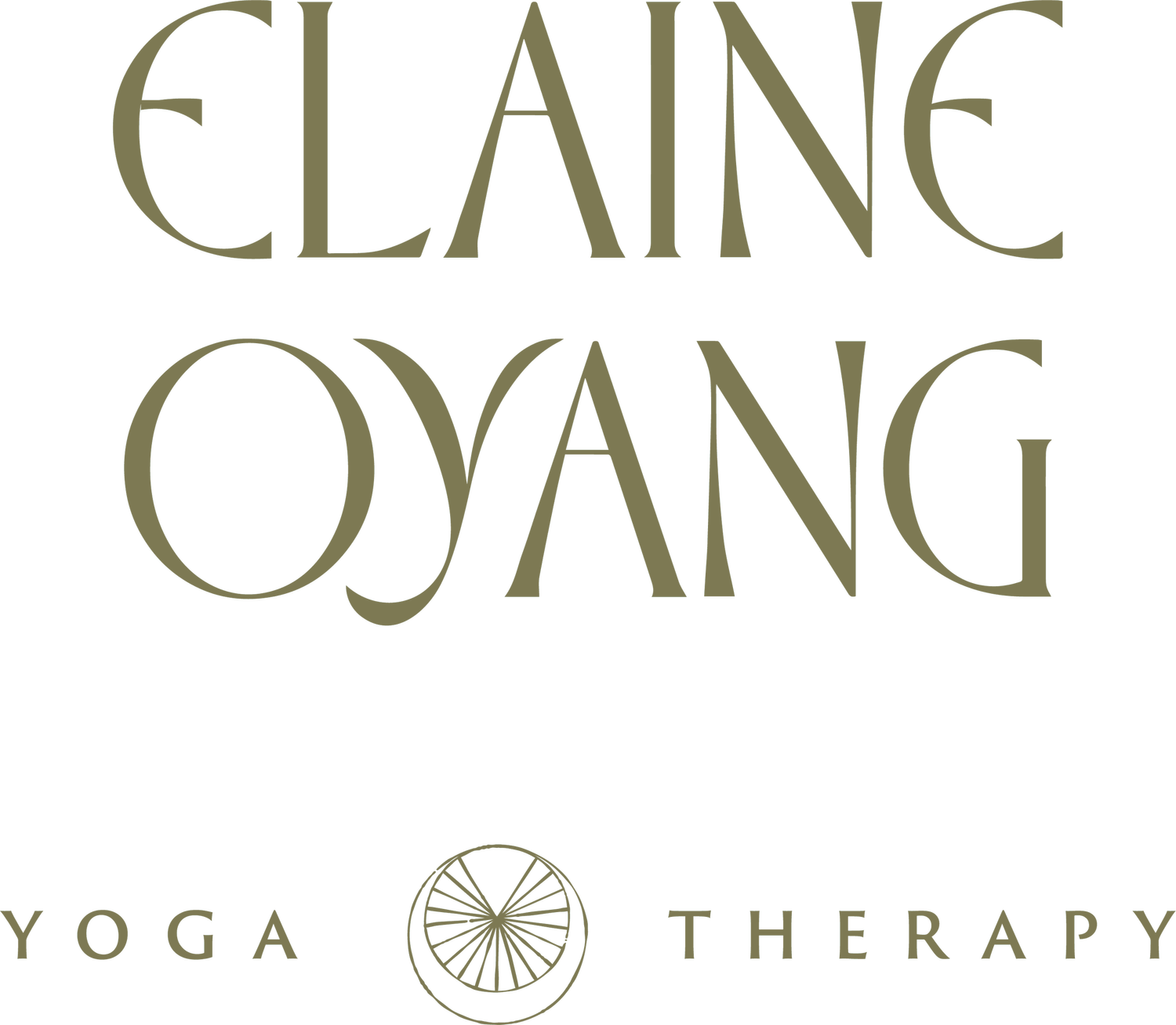Ep 19: Self-care for marginalized communities with Elena Velez
Episode Summary
When we think about the term “self-care,” images of pampering retreats, luxurious spas, expensive bedsheets, an exclusive gyms flash before our minds. Self-care has become a commodified term and activity, and oftentimes attainable by niched demographic and socioeconomic classes.
Because of this, I will be using the term “self-nurture” from here on out, to differentiate between commodified self-care and deep self-nurture that comes from within.
People of color and marginalized communities, who face a disproportionate amount of societal stress and burden, are often the ones who need self-nurture the most. But because of the economy around self-care, it is inaccessible to them, let alone enough time for themselves to think about how they can care for and nurture themselves.
That is why, today, I asked Elena Velez, founder and director of Community Restorative Training, to be here with us today to speak on this very important mission she is on — to educate and bring accessibility of self-nurture to marginalized communities.
Elena and I met almost 10 years ago when I used to teach a weekly chair yoga class at a pain clinic. Since the outpatients at this clinic is disproportionately Hispanic, Elena served as one of the medical interpreters. Since then, we have collaborated together to help Elena bring her vision to life.
Key Takeaways
03:30 - Elaine working at a Functional Restoration Program as a yoga teacher to realize the disproportionate amount of Latino/Hispanics with chronic pain
05:02 - What is the Community Restorative Training (CRT)? How does it support self-care in the Hispanic and Latino communities?
07:44 - Bringing CRT to essential farm workers during COVID, and how these farm workers responded beautiful to therapeutic approaches of creating art, mindfulness, and movement
11:55 - The harm of not asking for help or accepting help from others
13:48 - Mindfulness tools and resources inside the CRT program — responding rather than reacting, sleep hygiene, nutrition, restorative movements, body awareness, emotional intelligence, pain as an intelligent signal from your body, setting healthy boundaries
20:31 - Similarities and differences in culture between Elena’s home country Columbia and the United States
21:33 - Those with less seem to be some of the happiest and most resilient people
23:22 - What COVID taught us about the importance of being connected with ourselves and to our communities, and how communities are steeped in mutual respect and empathy
29: 12 - Self-care starts with seeing self-value
30:44 - How to connect with Elena
On-site CRT training at a farm
Coloring as a form of art therapy by CRT students
About
Elena Velez, the Founder/Director of Community Restorative Training (CRT), brings 18 years of experience as a Certified Medical Interpreter (CHI) to create a bilingual stress reduction wellness program for essential workers.
Her insights from community behavioral practices, learned through interpretation, fuel CRT's mission of offering simple stress reduction techniques to prevent workplace injuries.
With a background in bilingual environmental education, Elena extends her workshops to the Latino community, aiming to build a multicultural support network emphasizing empathy and mutual respect.
CRT's approach, rooted in neuroscience and neuroplasticity, focuses on facilitating lasting mental, emotional, and physical balance for participants, promoting a healthy and active lifestyle in the short and long term.
Connect with Elena:
***
Elaine Oyang is an IAYT-certified yoga therapist and a self-nurture advocate. Throughout her 12+ year of teaching yoga in studios and private practice, she works to help others restore balance in their bodies from their over-busy lives. She's worked many years in private practice to help clients through their journeys of chronic pain, chronic illness, anxiety, insomnia, and loss of sense of self. With her podcast, Sacred Listening, Elaine shares with a wider audience on her personal experience, and that of her clients', on how to reclaim self-care and self-love.
Connect with Elaine:
This podcast is for educational and entertainment purposes only. Information contained in this episode is not to be replaced with medical advice.



